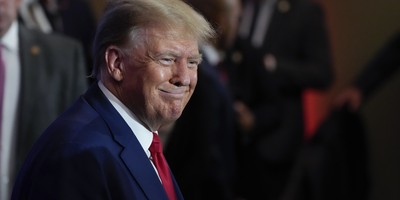Obama’s recent nomination of Jeremy Stein and Jerome Powell to the Board of Governors of the Federal Reserve System raises an important question: How should the Senate treat nominations whose terms are likely to run beyond the term of the current president? If confirmed, Stein could serve until 2018 and Powell until 2014. Of course this pales in comparison to current governor Janet Yellen, whose term runs until 2024. With or without Stein and Powell, Obama nominations will have control of the Federal Reserve for years to come.
The long terms of Federal Reserve governors are meant to insulate them from political pressure. But that’s after they’ve been confirmed. This structure tells us little about how to handle such appointments during their nomination phase.
In the absence of strong policy or theoretical rationales, we often look to precedent. In this case we have at least one. In December of 2007, almost a year before the November 2008 election, then Senate Banking Committee chair Chris Dodd (D-CT) said, in relation to the nomination of Randall Kroszner to the Federal Reserve, “We’re frankly getting down to less than a year away from the election. On nominations of that length, I’m fairly reluctant.” Senator Dodd acted (or rather failed to act) on that reluctance, and blocked the nomination of Professor Kroszner. His nomination was not an exception, as the nominations of Larry Klane to the Federal Reserve and a couple of nominations to the Securities Investor Protection Corporation were also blocked, for apparently this same reason. Dodd also delayed nominations to the President’s Council of Economic Advisers, although those positions would have ended with the term of President Bush. Also worth noting is that these important economic policy positions were being blocked in the middle of a recession and financial crisis, when one would think you need “all hands on deck.”
Recommended
Is this “Dodd rule” the correct position? It’s hard to know. I can say I didn’t think it was appropriate at the time. And I am usually not one to believe that “two wrongs make a right.” The correct solution, in my view, would be to have the Senate decide upon the appropriate length of time before a presidential election that it will no longer consider nominations that run beyond the president’s term and incorporate that decision into the Senate rules. Until then operating under the “Dodd Rule” strikes me as fair enough.
























Join the conversation as a VIP Member